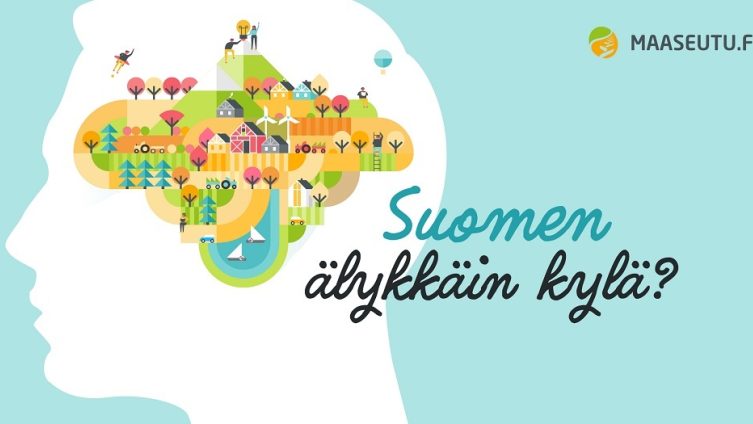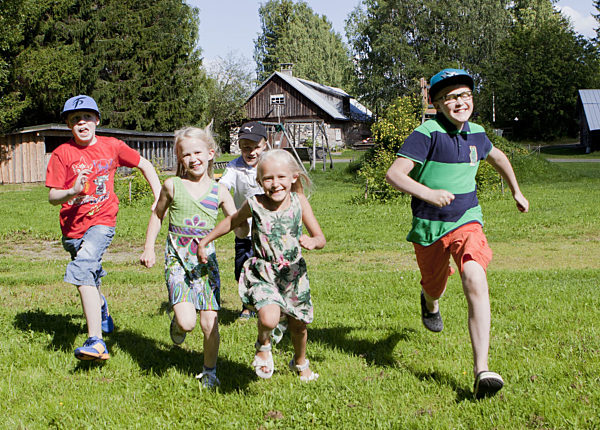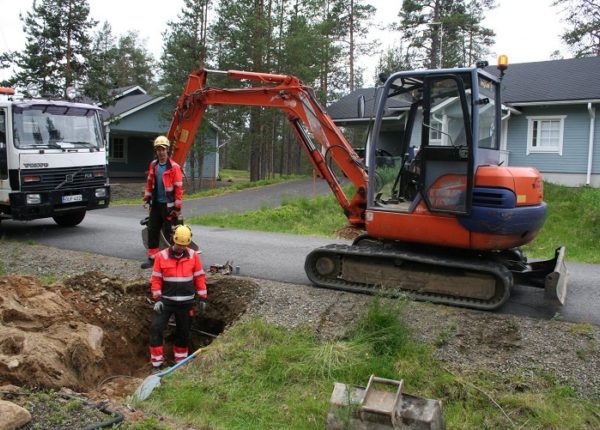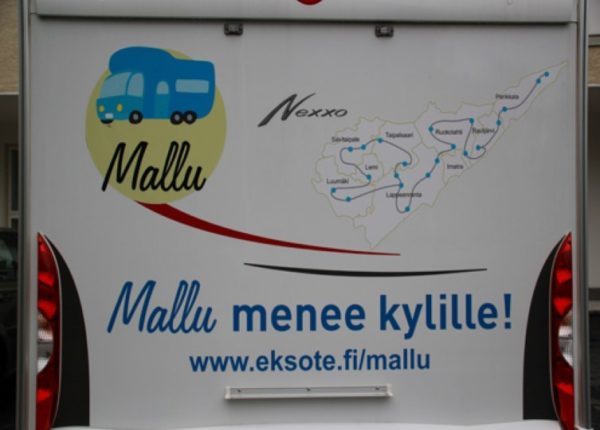At the end of last year, the villages that were willing to tackle the challenge registered for the competition. In the spring, regional events began taking place as part of the competition, including regional village associations and Leader groups. The purpose of these events was to plan the first and most important thing to be done as part of the competition and discuss why each village entered the competition, what they wanted to learn and what they could teach others. Although things appear to be going as planned, there are occasional setbacks.
“Joint events have not yet been held in every region, and some of the villages were not able to attend events that have already been held. A few villages even felt that the context was too challenging for them to develop their operating methods, and they have dropped out,” says Lauri Hyttinen, Network Expert from the Network Support Unit.
Every village has its individual weaknesses that it wants to address and improve, which is why many villages are at different phases in the process. Some of them are charging ahead with implementation, while others are still taking their first steps. There is still plenty of time left, and the winners will be announced in summer 2020 when a panel of experts gives its verdict.
What next?
After the initial flurry of activity, efforts will be made to bring all of the participants together in one place and hold an opening ceremony in August. It is also important to start putting theory into action: after analysing the challenges, external experts will be approached for help in ensuring that the actual implementation takes place. Teams will work together to identify and develop ideas for a solution, seeking the right alternative and implementation to improve on each village’s weaknesses.
Although this is a competition, it is more of a development package intended to help and encourage villages to seek smart solutions to creating and developing services and operating methods. The aim is for villages to thrive now and further into the future.
Lauri Hyttinen notes that the essence of this project is to share ideas because smartness loses nothing in the sharing.
“Villages should not be afraid of their ideas being ‘stolen’: the idea has turned out great if someone else wants to take it on and improve it. The whole intention of the competition is for villages to benefit from learning and teaching new things.”
By way of example, Hyttinen points to one great idea that has arisen during the competition so far. It is a GMS plug socket, which acts as an everyday safety solution, particularly for older people. The GMS plug socket is connected to the devices that the person uses as part of their morning routine, such as the coffee machine. If the person does not use the coffee machine in the morning, the device sends a warning that there may be a problem, and someone can go and visit, and provide help or treatment immediately if it is required.
“We rushed in headlong”
The Finland’s Smartest Village competition is the first of its kind and, understandably, not everything has gone as planned.
“We should have started by making a more detailed plan instead of rushing in headlong. The large number of villages involved also proved a challenge, although this is a nice type of challenge to have,” says Lauri Hyttinen.
The large number of villages has slowed the process, as has the infrequent use of webinars and electronic platforms. It is also important to remember that the work is voluntary, and people have limited time and resources.
Fortunately, there have been several rays of light along the way. From the very beginning, the villages held a very large amount of good knowledge and expertise. The importance of the project has also been recognised; namely that there are differences in knowledge and skills between the villages. For example, one village may be considering what to do about a problem that another village has already solved. So the peer support that villages can provide each other is important in enabling ideas and solutions to trace a faster path from one village to the next. This will lay a strong foundation for enabling everyone to develop and operate now and further into the future.
For more information, please contact:
Lauri Hyttinen
Network Expert, Network Support Unit
lauri.hyttinen(at)maaseutu.fi
Tel: +358 50 412 2422







